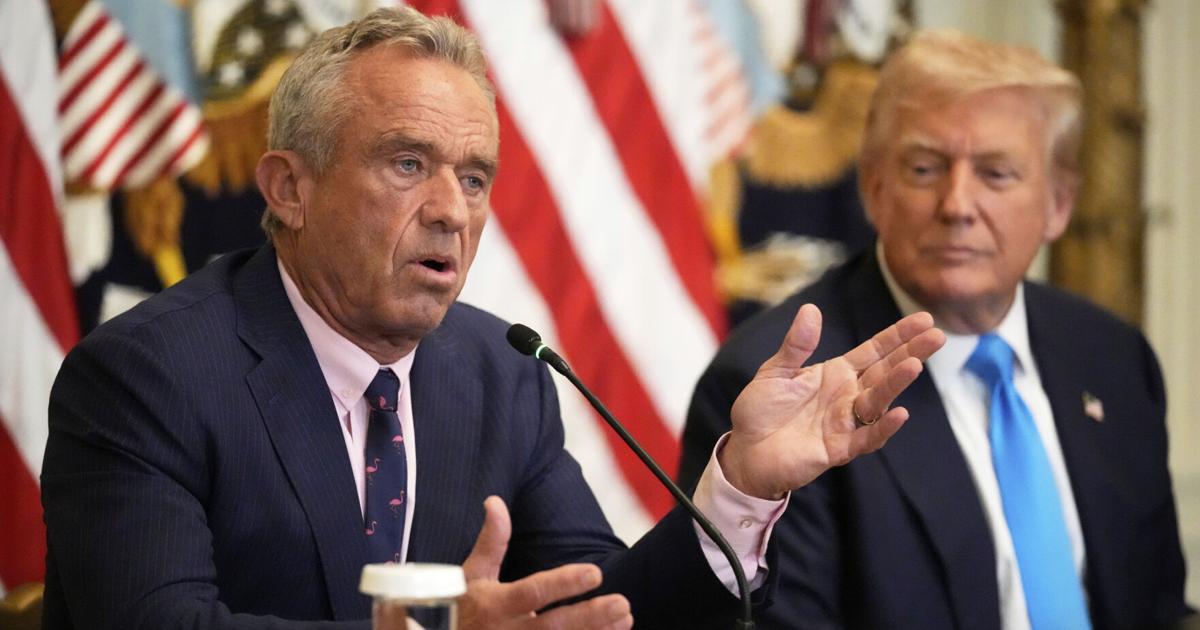President Donald Trump has officially reinstated the Presidential Fitness Test, signaling a renewed national focus on the health and physical well-being of American schoolchildren through a program steeped in decades of history.
The Presidential Fitness Test, originally established in 1966, was a long-standing tradition in public schools, designed to assess young people’s athleticism through standardized exercises like the one-mile run, sit-ups, pull-ups or push-ups, and the sit-and-reach test. This program underwent a significant transformation in 2012, evolving into the Youth Fitness Program, which shifted its emphasis from competitive athletic performance to a broader barometer of student health and personal fitness goals, a move championed by then-First Lady Michelle Obama’s “Let’s Move” initiative against childhood obesity.
Trump’s executive order, signed in the Roosevelt Room, explicitly aims to “bring back” this “wonderful tradition,” asserting his personal connection to sports as a driving force behind the initiative. The reestablishment signifies a policy pivot, underscoring the administration’s belief in structured physical activity as crucial for developing healthier youth. This move is a key component of his broader agenda concerning public health and education.
Beyond the test itself, the executive order also reinvigorates the President’s Council on Sports, Fitness, and Nutrition, empowering it with up to 30 members, including prominent athletes and sports figures. Secretary of Health and Human Services Robert F. Kennedy Jr. has been designated to oversee the fitness test’s administration, highlighting the interagency commitment to this revitalized program.
This council’s mandate extends beyond just the fitness test, also addressing contemporary issues within college athletics, such as the transfer portal. Furthermore, it will be tasked with developing criteria for a new Presidential Fitness Award, aiming to incentivize excellence and participation in physical activity across the nation’s schools.
The event garnered attention not only for the policy announcement but also for the controversial figures present, including professional golfer Bryson DeChambeau and former NFL player Lawrence Taylor, whose past legal issues have drawn scrutiny. Despite these associations, the administration maintains that the focus remains on promoting a healthier generation of Americans.
Experts like Laura Richardson, a kinesiology professor at the University of Michigan, commend the renewed focus on physical activity but caution that the test is merely a starting point. She emphasizes the necessity of pairing the assessment with comprehensive educational programs that genuinely assist students in improving their fitness levels, rather than simply measuring them. The ultimate success of the revitalized Presidential Fitness Test will hinge on its implementation and the sustained effort to foster lifelong health habits among American schoolchildren.






Leave a Reply